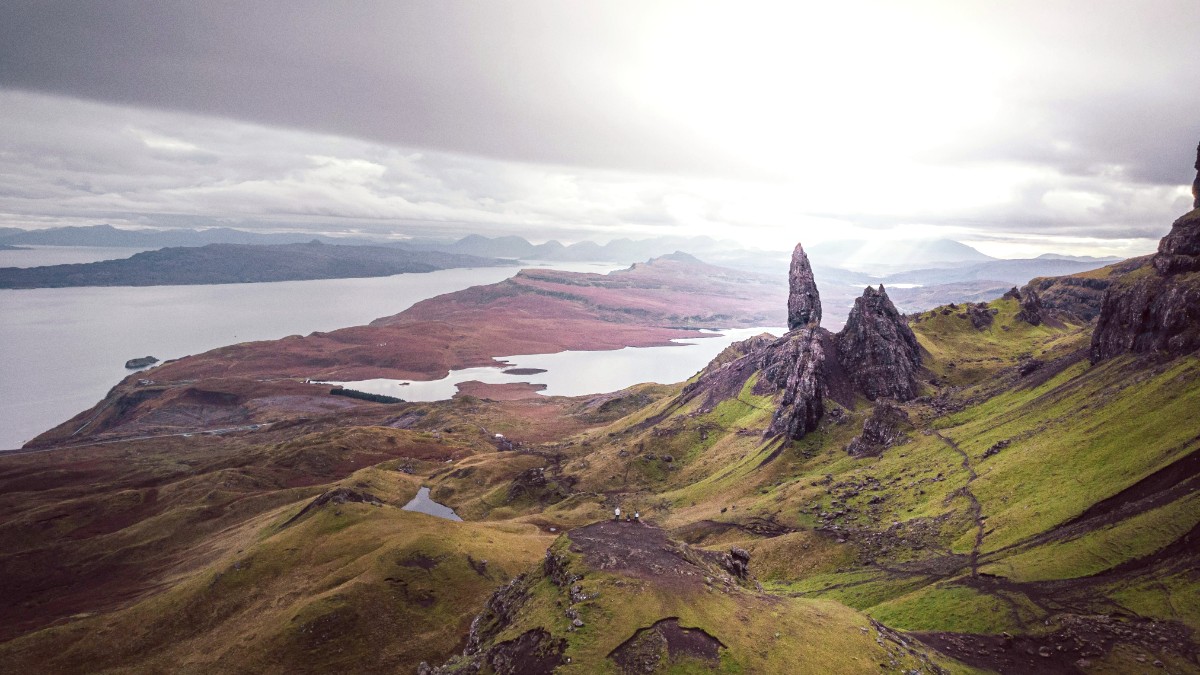
Highlands And Northern Islands, Scotland
Inverness experiences a temperate maritime climate. This brings cool summers and mild winters. Rain occurs throughout the year, with more precipitation in autumn and winter. Humidity levels generally stay moderate to high.
Scottish weather changes quickly. You might experience multiple seasons in one day. Layered clothing makes sense.
Matching your visit to desired activities:
Hiking & Outdoor Activities: Late spring (May) and early autumn (September-early October) feature good weather and fewer midges. Summer is also popular, but be ready for midges. Loch Ness Cruises: These tours operate year-round, with most frequent runs in summer. Wildlife Viewing (e.g., dolphins in Moray Firth): April to October presents prime viewing times. Winter Sports (nearby Cairngorms): December to April, snow conditions permitting.
Crowded & Costly
Long daylight hours, warmest temperatures.
Highest prices for accommodation and tours, most crowded, midges can cause discomfort.
Balanced Experience
Fewer crowds, moderate prices, pleasant temperatures, beautiful landscapes, fewer midges.
Weather changes quickly. Some attractions may have reduced hours or close early/late in the season.
Quiet & Budget-Friendly
Lowest prices, very few tourists, opportunities for winter scenery.
Coldest weather, shortest daylight, some attractions closed, higher chance of rain or snow, limited tour options.
These small biting insects are most active from late May to September. They appear especially at dawn and dusk, in still, damp conditions. Repellents containing DEET or picaridin, or specific midge repellents, come recommended.
Scottish weather shifts quickly. You might experience multiple seasons in one day. Pack layered clothing for flexibility.
Wind significantly influences outdoor experiences, specifically in exposed areas.
Always be ready for a sudden change in conditions.
A flexible wardrobe strategy.
Consider insect repellents for warmer months.
Inverness, as part of the UK, adheres to UK immigration rules.
Citizens of many countries, including the United States, Canada, Australia, New Zealand, Japan, South Korea, and most EU member states, can visit the UK for tourism for up to six months without a visa.
Nationalities not eligible for visa-free entry need a Standard Visitor visa. Apply online via the UK government's website. This process typically involves completing an application form, paying a fee, and attending an appointment for biometrics.
Be aware of these health aspects and available services: